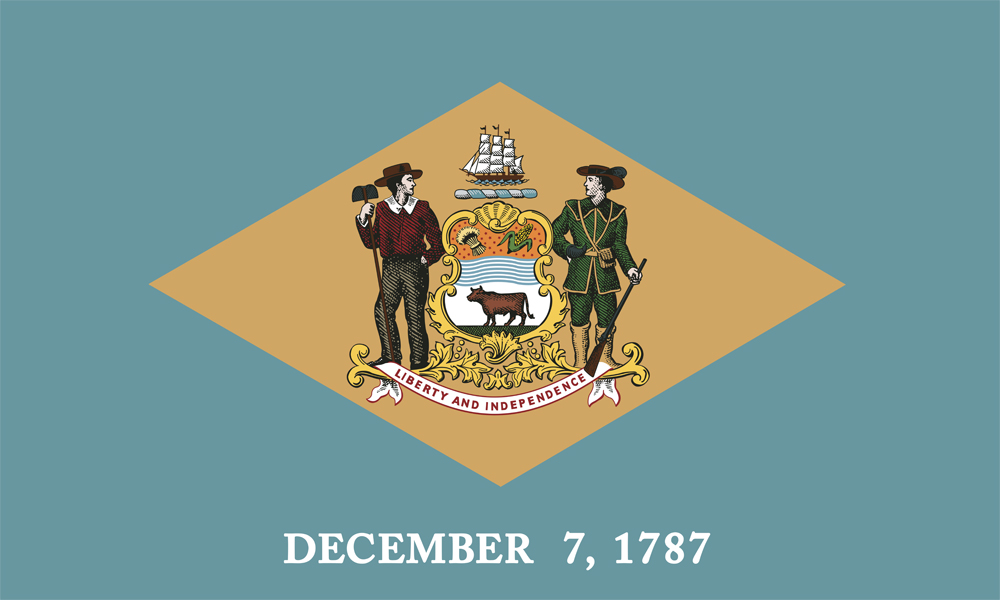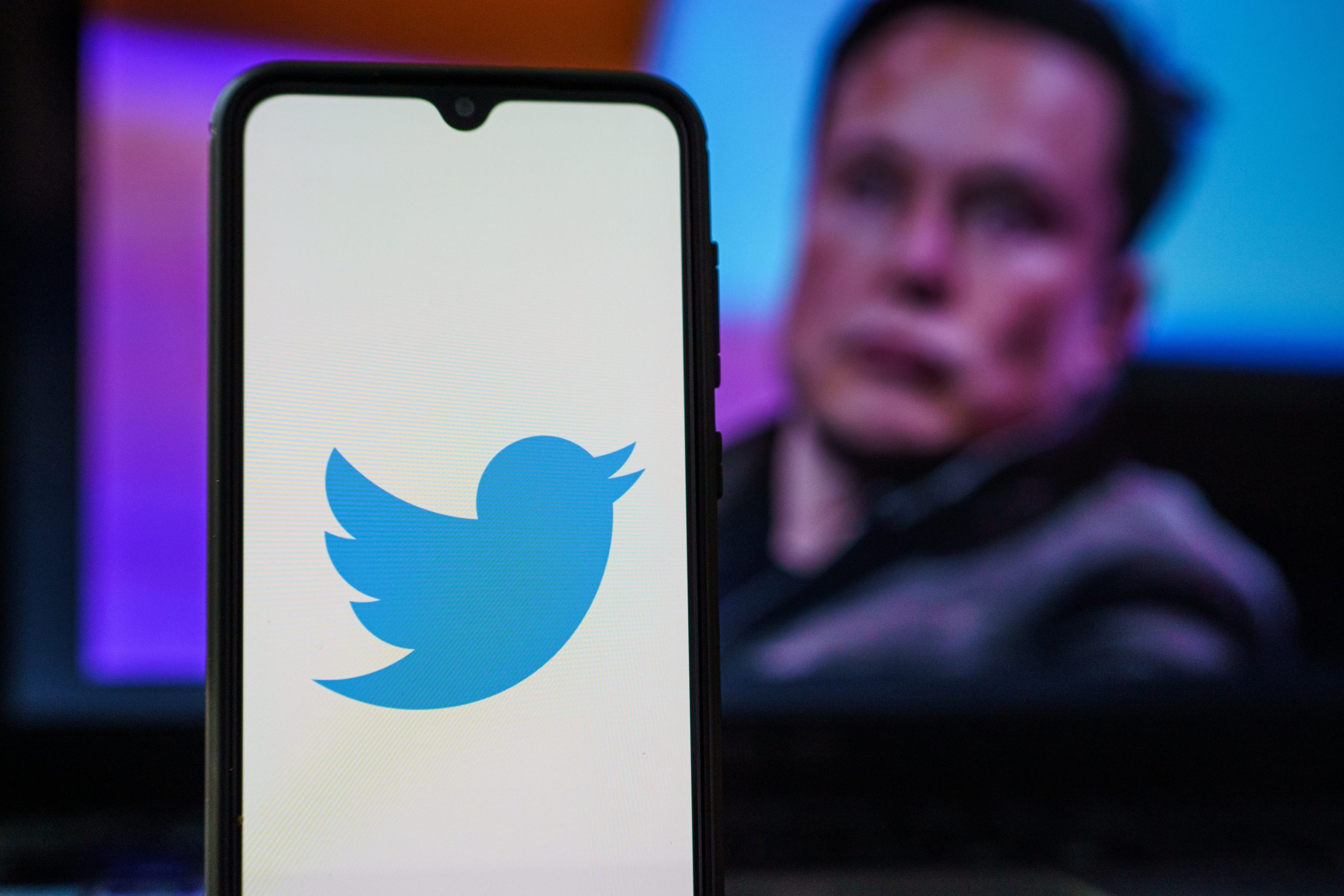Twitter v. Musk Trial Shines Spotlight on Delaware Business Court
|
Getting your Trinity Audio player ready...
|
On October 17th, 2022, a hive of high-profile corporate attorneys will swarm Wilmington, Delaware to appear in front of the Court of Chancery. The state’s business court was tasked with resolving a dispute between Tesla CEO Elon Musk and Twitter, Inc. The lawsuit stems from Musk’s attempt to back-out of a deal he brokered in April of 2022 to acquire the social media platform for $44 billion. The Chancery Court decides whether Musk must consummate the acquisition of Twitter stock at the agreed upon price.
Why did Twitter decide to hold this trial in Delaware court? Delaware is the most desired arbiter for high stakes business disputes and the preferred destination for many of the world’s most influential companies to incorporate.
The Twitter v. Musk Trial
Timeline of Events:
- On April 26th, 2022, Elon Musk agreed to purchase Twitter, Inc. at $54.20 per share for a total price of $44 billion.
- On July 8th, 2022, Musk expressed his intent to back out of the deal over concerns about fake or spam accounts on Twitter’s platform.
- On July 11th, 2022, Twitter, Inc. hired Wachtell, Lipton, Rosen & Katz to file suit against Musk in the Delaware Court of Chancery to force the merger to take place.
Chancellor Kathleen McCormick, the head of the Chancery Court, presides over the Twitter v. Musk trial. She and her law clerks will shoulder the responsibility of issuing one of the court’s most anticipated decisions to date. The Chancellor’s decision will have implications for mergers and acquisitions going forward. In the months before the trial, Chancellor McCormick has already displayed her tendency to work quickly. She recently rejected a request from Musk’s attorneys who wanted a seven month runway in order to prepare for the trial. In a hearing, Chancellor McCormick decided that the plaintiff, Twitter, Inc., was deserving of a speedier resolution.
The basis for Musk’s defense concerns the number of “bot” accounts that Twitter claims exist on its platform. In negotiating the acquisition, Twitter disclosed that it had estimated approximately 5% of its user base to consist of bot accounts. Musk became alarmed after learning of the random sampling process Twitter used to generate its estimates. Musk went on to claim publicly that the true percentage could be anywhere up to five times higher. If true, this would have significant implications on Twitter’s future earnings potential through advertising.
In the course of working with Price Waterhouse auditors over the years, IncNow has learned that before any company conducts random samples for an audit, the auditor must first determine the company’s internal controls for preventing problems. It appears that Twitter’s internal controls are weak, so it should have audited more accounts for bot activity.
The Court of Chancery may find Musk’s discontent with his Twitter deal to be an example of “buyer’s remorse” (or “cold feet” due to a falling stock market). The Court has traditionally not been sympathetic to excuses to give the buyer a second look. Whether the Court will decide to compel Musk to complete the merger at the agreed- upon price will depend on whether the concern regarding bot accounts amounts to a material adverse effect.
Material adverse effect (MAE) is a reference to legalise often included as a clause in purchase agreements. MAE is used as a subjective measure of negative impact from an event. Exceeding an MAE threshold could warrant a buyer being excused from closing on an agreed transaction. Lawyers often include vague MAE provisions in merger agreements. This is a general practice that provides opportunities for renegotiation. Questions of what constitutes an MAE generally arise only when the clause is invoked or must be decided by the presiding Court.
What Is The Delaware Court of Chancery?
The Delaware Court of Chancery is a dedicated court of equity. Its limited jurisdiction includes corporate ownership disputes. Founded in 1792, the Court has built up centuries of case law. Precedents established through the Court’s decisions are central to every corporate law text book in the world. The decisions and opinions of the Court govern the internal affairs of the world’s largest corporations, including two thirds of Fortune 500 companies.
Why Is This Taking Place in Delaware?
Twitter, Inc., like many of the world’s largest companies, made the choice to originally incorporate in Delaware. This means that the company calls Delaware its legal home, and any disputes involving the company must be revolved by the state’s courts.
The Delaware Advantage
 When making a decision on where to incorporate a business or form an LLC, people often point to the “Delaware advantage”. Fundamental to this is Delaware’s exceptional Court of Chancery which interprets the state’s business friendly laws.
When making a decision on where to incorporate a business or form an LLC, people often point to the “Delaware advantage”. Fundamental to this is Delaware’s exceptional Court of Chancery which interprets the state’s business friendly laws.
The state where a company chooses to incorporate will govern its internal affairs. If a Delaware company is sued, or its owners have a falling out, a Delaware court will resolve the dispute. This is because Delaware has general jurisdiction as the state of incorporation.
The United States Chamber of Commerce has consistently rated Delaware’s legal system as number one year after year. It is the preferred incorporation destination for both small businesses and large enterprises doing business all over the world. Business managers appreciate the state’s “Business Judgement Rule”, which provides directors comfort in knowing their decisions cannot be second guessed if shareholders are unhappy with the results. The Delaware corporate veil blankets and protects owners’ personal assets. This means the business liabilities do not become a personal liability of its owners. A Delaware court will not extend a corporation’s obligations to its shareholders.
It is often said that the corporate veil is rarely ever pierced by the Delaware Court of Chancery.
Chancellor Kathleen McCormick has stated that “Delaware is in the business of forming entities, and so, Delaware Public Policy does not lightly disregard their separate legal existence”. The Chancellor further referenced a 1989 case, Harco National Insurance Co. v. Green Farms, Inc. The Court stated plainly in its judgment that “persuading a Delaware court to disregard the corporate entity is difficult”. The same cannot be said for most other states.
The high volume of corporate disputes met by the Chancery Court built on the depth of its historical case precedent leads to predictability in judicial outcomes. The Court’s Chancellor and Vice Chancellors are known for being business experts and impartial arbiters who make reasoned, non-political decisions. Unlike some judges in other jurisdictions, the Court’s Chancellor respects the rights provided to business entities under Delaware law.
How Does the Court of Chancery Work?
The Delaware Court of Chancery conducts trials differently than most civil or criminal courts. Trials are conducted without a jury present to make decisions. This means judges are both the fact finders and legal experts. Additionally, trials do not include opening or closing statements. Instead, the parties submit pretrial and post-trial briefs. The Court allots each party a certain amount of time for direct and cross examination of witnesses. This allows the Court to resolve disputes with speed and efficiency.
The Court can expedite the trial process in emergency situations to resolve cases in just two months. Appeals from the Court of Chancery to the Delaware Supreme Court can also be expedited to be completed in months or even weeks. For emergencies, the Court is always open.
Much of the Court’s success hinges on the proficiency and dedication of those sitting on the bench. One Chancellor and six Vice Chancellors spearhead the Court of Chancery. Each of whom has refined business knowledge and is nominated by the State’s governor, then confirmed by the state Senate.
In the run up to the Twitter trial, the Wall Street Journal published an article highlighting Chancellor Kathleen McCormick. She is the first woman to hold the Court’s highest seat in its over 200 year history. The article details how the Chancellor is both willing and capable of working around the clock in order to provide expert decisions while maintaining a rigid schedule. In 2019, Chancellor McCormick guided a complex lawsuit involving a corporate takeover and had it resolved in under two months. According to the article, the Chancellor produced a 95-page decision for the case over the course of one sleepless weekend.
What May Happen in the Case
The facts of the Twitter case are analogous to a previous decision made by the Court of Chancery. In 2001, Tyson Foods attempted to cancel a $3.2 billion deal to acquire national meatpacker IBP, Inc. Both companies reported lower earnings in March of that year. Prevailing thought was that Tyson had caught “cold feet” regarding the merger.
Court filings alleged that IBP had not informed Tyson of an SEC investigation into one of its subsidiaries regarding accounting irregularities resulting in over $70 million of lost revenues. IBP fought claims of fraud and filed suit against Tyson, asking the Court to force a consummation of the agreement.
The Court of Chancery decided in favor of IBP, Inc. and compelled Tyson to complete the merger. Vice Chancellor Leo Strine Jr. labeled the dispute a clear example of buyer’s remorse. In his judgment, the Vice Chancellor wrote, “Tyson wished it had paid less, especially in view of its own compromised 2001 performance and slow 2001 results”.
Despite its relatively hardline stance, the Court has recognized material adverse effects and allowed for the cancellation of agreements in some cases. In 2017, the Court allowed German pharmaceutical company Fresenius to terminate its purchase agreement to acquire Akorn, Inc.
The decision was guided by records documenting Akorn’s extensive history of poor compliance with regulatory requirements for product development. The Court found that the compliance concerns, along with a 55% drop in Akorn’s annual earnings in 2017, met its threshold for material adverse effect. The Court permitted Fresenius to walk away from the agreement. The Delaware Supreme Court later confirmed the decision in 2018.





